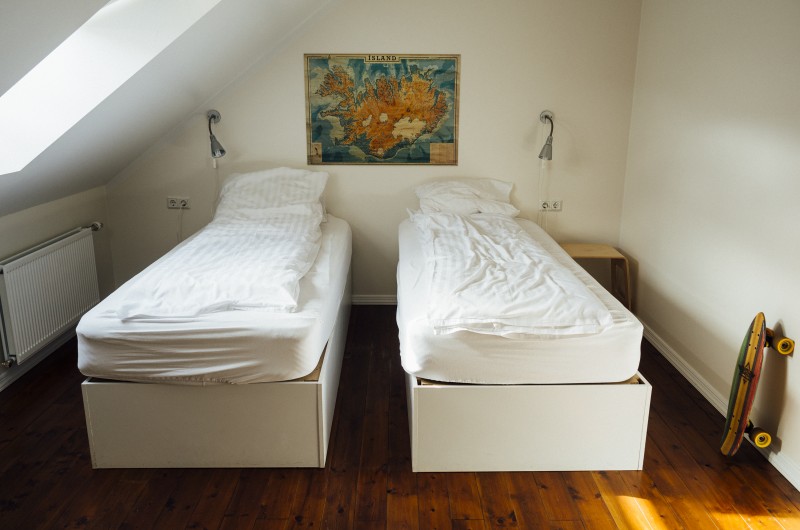One of the most common complaints I hear from patients is lack of sex drive. Usually, this comes at the end of a visit, an “Oh, by the way, doc, I haven’t done the deed in over a month/year/decade with my husband/partner/battery-operated girlfriend/boyfriend. Do you think it’s my hormones?”
Female sexual dysfunction is incredibly common, and good for you to not accept it as normal. By definition, it’s a problem only if you say it is. But if you’re reading this, chances are you agree that a healthy sex life is one of the best parts of being human, and you miss it.
Sexual interest, or lack thereof, is not an “oh, by the way” question. Is it your hormones? The short answer is usually no. If you’re having regular cycles, chances are your estrogen levels are just fine. Same goes for testosterone. For those who’ve received their wisdom, the hormone question is a definite “maybe.” More on that later. The causes of female sexual dysfunction are numerous, and deserve a conversation with your gyno. We’re going to touch on one of the most common causes, in medical-speak, Hypoactive Sexual Desire Disorder. Here’s some things to consider to help prepare for that conversation.
- Am I otherwise a Well Woman? Are you tired all the time? Sleep like crap? Have a soul-sucking job? Drink too much alcohol? Reach for a twinkie more often than a carrot stick? None of these are sexy. Clean up your act health-wise and you’ll improve your energy, self-esteem and body image. You may reap big rewards in the bedroom.
- Are there things you do like? Low sex drive may be part and parcel of a bigger problem, such as depression or anxiety. Ask yourself this: “If I had an hour all to myself to spend any way I wanted, what would I do?” If you have trouble thinking of something that turns you on outside the bedroom, it’s probably affecting your sex life as well.
- Do you like your partner? I know you love ‘em, but….It’s often said that sex is a barometer of relationship health. Frays in the relationship will manifest in the bedroom. For women especially, sexual interest is sparked by feelings of intimacy. If s/he doesn’t do anything else right either, I’d be shocked if you were having great sex. Seek counseling.
- Is your relationship a priority? Nurturing each other as a couple is difficult. Let’s face it: life in America is not all that sexy. Between job stress, demands of raising children, money worries, running a household, there simply aren’t enough hours in a day. If sex is just something you do if and when you have the time and energy at the end of the day, you’re not going to have it much. We all love ‘to do’ lists. Put your partner (or yourself) on it.
- Do I have other medical issues that may be contributing? I mentioned that depression can often contribute to low libido, but other health conditions may as well. Undiagnosed thyroid illness, high blood pressure medication, as well as mood stabilizers like Prozac or Zoloft may blunt your urge. Likewise, oral contraceptive pills can affect testosterone metabolism and impact libido adversely. Alternatively, dissatisfaction with your contraceptive method or fear of unintended pregnancy can play a role. Your gyno can help.
In sum, there are some simple things you and your doc can do that may improve the situation considerably. As with anything you’d like to change, examine your thoughts and beliefs around sexuality. Do you take your mother (or your Sunday school teacher or whoever taught you that sex was not nice) to the bedroom with you? Banish them! Start with a simple affirmation like “I love sex” or “I am sexy” or “My vagina is the universe’s greatest gift.” Whatever resonates. Our beliefs are powerful, believing you can change is a necessary first step.
Not finding the answers you’re looking for here? I warned you, it’s complicated. More next time about sexual pain.




